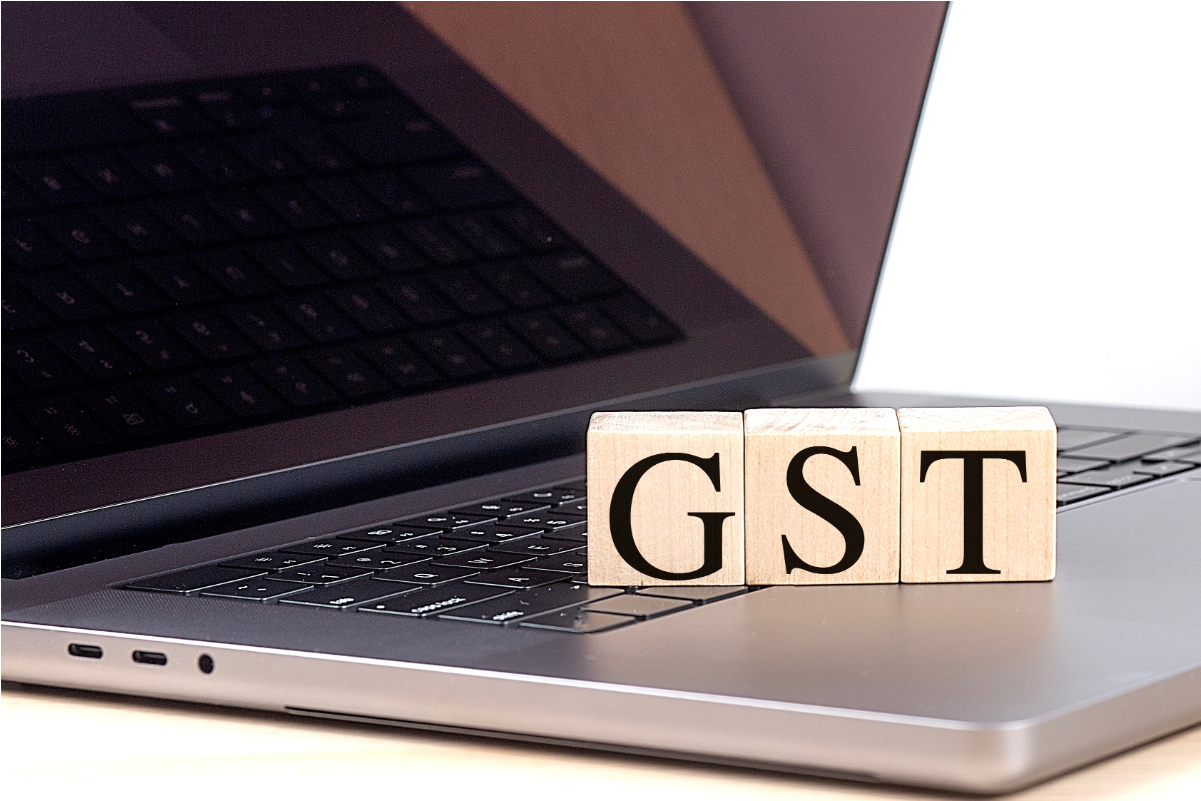
Updated: 08 Sep 2025
Common GST Computation Mistakes and How to Avoid Them for Singapore Businesses
Managing Goods and Services Tax (GST) is essential for GST-registered businesses in Singapore. Mistakes in GST computation can lead to costly penalties, compliance issues, and missed opportunities for eligible refunds. In this guide, we’ll cover the most common GST computation mistakes Singapore businesses make and provide actionable tips to ensure smooth, compliant, and error-free GST management.
1. Incorrectly Classifying GST Transactions
One of the biggest mistakes in GST computation is misclassifying GST transactions. Not all sales or purchases fall under the same GST category. In Singapore, transactions can be standard-rated, zero-rated, or exempt. Misclassification can lead to inaccurate GST returns, putting your business at risk.
How to Avoid This Mistake:
Ensure that your finance team understands the GST classification rules for each transaction type, especially those involving international customers or specific goods and services. Providing regular GST training and using updated GST accounting software can help avoid these classification errors.
2. Missing the Reverse Charge for Imported Services
For GST on imported services, the reverse charge mechanism applies, meaning the local business must account for GST instead of the foreign service provider. Overlooking this can result in non-compliance and costly fines.
How to Avoid This Mistake:
Review all imported service transactions regularly to determine if reverse charge rules apply. Keeping a list of foreign service providers and reviewing each transaction carefully is critical. Additionally, train your team on reverse charge rules to minimize compliance risks.
3. Errors with Input Tax Claims
In Singapore, businesses can claim GST on purchases used to make taxable supplies. However, mistakes arise when businesses claim GST on non-qualifying items or overlook claims on eligible purchases. These errors can lead to audits or disputes with tax authorities.
How to Avoid This Mistake:
Establish a clear review process for input tax eligibility, and ensure your team understands what qualifies and doesn’t qualify for input tax claims. Maintaining organized documentation like invoices for each claim is essential for accurate GST filing.
4. Inaccurate or Late GST Filings
Rushing through GST filing can lead to calculation errors or missed entries. Additionally, filing late can incur penalties, particularly for quarterly GST filings required of most Singapore businesses.
How to Avoid This Mistake:
Use a calendar or reminder system to stay on top of GST filing deadlines. Adopting GST computation software reduces human error and speeds up the filing process. Double-check each submission for accuracy before finalizing.
5. Poor Record-Keeping Practices
Accurate record-keeping is crucial for GST compliance. Incomplete or missing records make it difficult to substantiate transactions, which can lead to issues during tax audits or compliance checks.
How to Avoid This Mistake:
Implement a structured system for storing all invoices, receipts, and GST-related documents. Retain records for at least five years as required and consider using digital storage for easier access and backup. Regularly review files to ensure they’re well-organized and accessible.
6. Miscalculations with Mixed Supplies
Businesses dealing in both taxable and exempt supplies often make mistakes when calculating GST on these “mixed” supplies. Miscalculations here can lead to inaccurate GST filings.
How to Avoid This Mistake:
Separate each component of a mixed supply and determine which portions are taxable, zero-rated, or exempt. Consider training your staff in handling mixed supplies and consulting a GST expert for support.
7. Ignoring Changes in GST Rules
In Singapore, GST regulations are updated periodically. Missing regulatory changes can result in non-compliance or errors in your GST computation.
How to Avoid This Mistake:
Stay informed by subscribing to updates from Singapore tax authorities and monitoring official announcements. Regularly train your team on new GST rules and adjust internal processes accordingly.
8. Skipping Reconciliation and Refund Tracking
Neglecting to reconcile GST records or track GST refunds can lead to discrepancies and missed cash flow benefits. Refund tracking is especially important for businesses looking to maximize cash flow.
How to Avoid This Mistake:
Perform monthly reconciliation checks to catch mismatches early. Track eligible refunds to improve cash flow, as regular GST reconciliation and refund tracking can ensure smooth, compliant operations.
Looking for Reliable GST Computation Services in Singapore?
Proper GST accounting and compliance are essential for Singapore businesses. Margin Wheeler offers trusted GST accounting services to help businesses stay compliant, minimize errors, and manage tax requirements accurately. Contact us today to learn how we can assist with your GST needs!
By using this step-by-step guide, you’ll gain a solid understanding of how to avoid common GST computation mistakes in Singapore, ensuring your business maintains compliance and avoids costly errors. Whether you're a small business or a large enterprise, investing in accurate GST management can help protect your bottom line and build trust with regulatory authorities.






